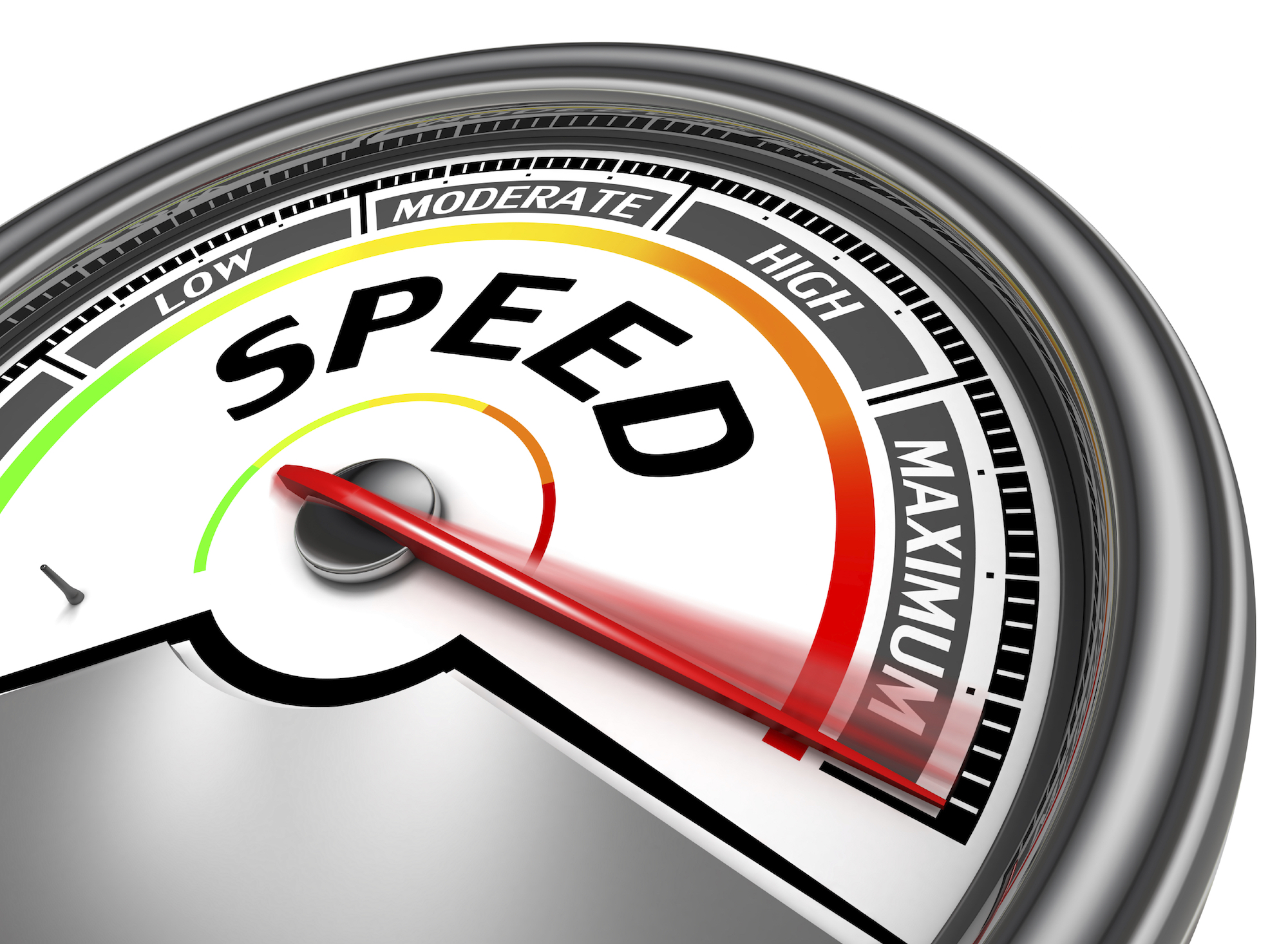 Source: bing.com
Source: bing.comAs a parent, you want to see your baby grow and develop at a healthy pace. While every child develops at their own unique rate, there are ways you can help speed up the process. In this article, we’ll share some tips and tricks on how to speed up baby development.
Table of Contents
1. Encourage Tummy Time
Tummy time is crucial for your baby’s development. It helps strengthen their neck, back, and shoulder muscles, which are necessary for crawling and sitting up. Start with a few minutes a day and gradually increase the time as your baby gets more comfortable. You can make tummy time more enjoyable by placing toys and mirrors within their reach.
2. Read and Talk to Your Baby
Reading and talking to your baby helps stimulate their language development. Even if your baby can’t understand what you’re saying, hearing your voice and seeing how your mouth moves as you speak helps them learn how to form words and sentences. Plus, reading to your baby can help improve their cognitive skills and encourage a love for books.
3. Provide Opportunities for Exploration
Babies learn by exploring their environment. As your baby grows, provide opportunities for them to explore and discover new things. This can be as simple as giving them different textures to touch or introducing them to new toys. Encourage your baby to crawl, reach, and grasp objects on their own.
4. Offer Nutritious Foods
Nutrition is essential for your baby’s development. Offer a variety of healthy foods to help support their growth and development. Breast milk or formula is the best source of nutrition for babies under six months old. After six months, you can introduce solid foods. Offer a variety of fruits, vegetables, whole grains, and proteins to ensure your baby is getting all the nutrients they need.
5. Play and Engage with Your Baby
Playing with your baby helps promote their physical, social, and emotional development. Interactive playtime helps your baby learn cause-and-effect, problem-solving, and how to interact with others. Playtime can be as simple as singing songs, playing peek-a-boo, or doing tummy time together.
6. Get Plenty of Sleep
Sleep is critical for your baby’s growth and development. Newborns need up to 17 hours of sleep a day, while older babies need around 12-14 hours. Make sure your baby is getting enough sleep by establishing a regular sleep routine and creating a peaceful sleep environment.
7. Take Care of Your Baby’s Health
Your baby’s health is essential for their development. Take care of your baby’s health by scheduling regular check-ups with their pediatrician, keeping up to date on vaccinations, and practicing good hygiene. If you have any concerns about your baby’s development, don’t hesitate to talk to your pediatrician.
Conclusion
By following these tips and tricks, you can help speed up your baby’s development and ensure they are growing and thriving at a healthy pace. Remember, every baby develops at their own unique rate, so don’t compare your child to others. Instead, focus on providing a loving and stimulating environment for your baby to grow and thrive in.
Frequently Asked Questions
1. What are the signs of delayed development in babies?
The signs of delayed development in babies vary depending on their age. Some common signs include not reaching developmental milestones, not making eye contact, not responding to sounds or voices, and not showing interest in their surroundings. If you have concerns about your baby’s development, talk to their pediatrician.
2. Can I speed up my baby’s development?
While every baby develops at their own unique rate, there are ways you can help speed up the process. Encouraging tummy time, reading and talking to your baby, providing opportunities for exploration, offering nutritious foods, playing and engaging with your baby, getting plenty of sleep, and taking care of your baby’s health can all help support your baby’s development.
3. What can I do if I’m worried about my baby’s development?
If you’re worried about your baby’s development, talk to their pediatrician. They can help evaluate your baby’s development and provide guidance on what you can do to support their growth and development.
4. How much sleep does my baby need?
Newborns need up to 17 hours of sleep a day, while older babies need around 12-14 hours. Make sure your baby is getting enough sleep by establishing a regular sleep routine and creating a peaceful sleep environment.
5. What can I do to encourage my baby to eat nutritious foods?
To encourage your baby to eat nutritious foods, offer a variety of healthy options and introduce new foods gradually. Be patient and don’t force your baby to eat something they don’t like. Make mealtimes enjoyable by offering finger foods and letting your baby explore their food on their own.
